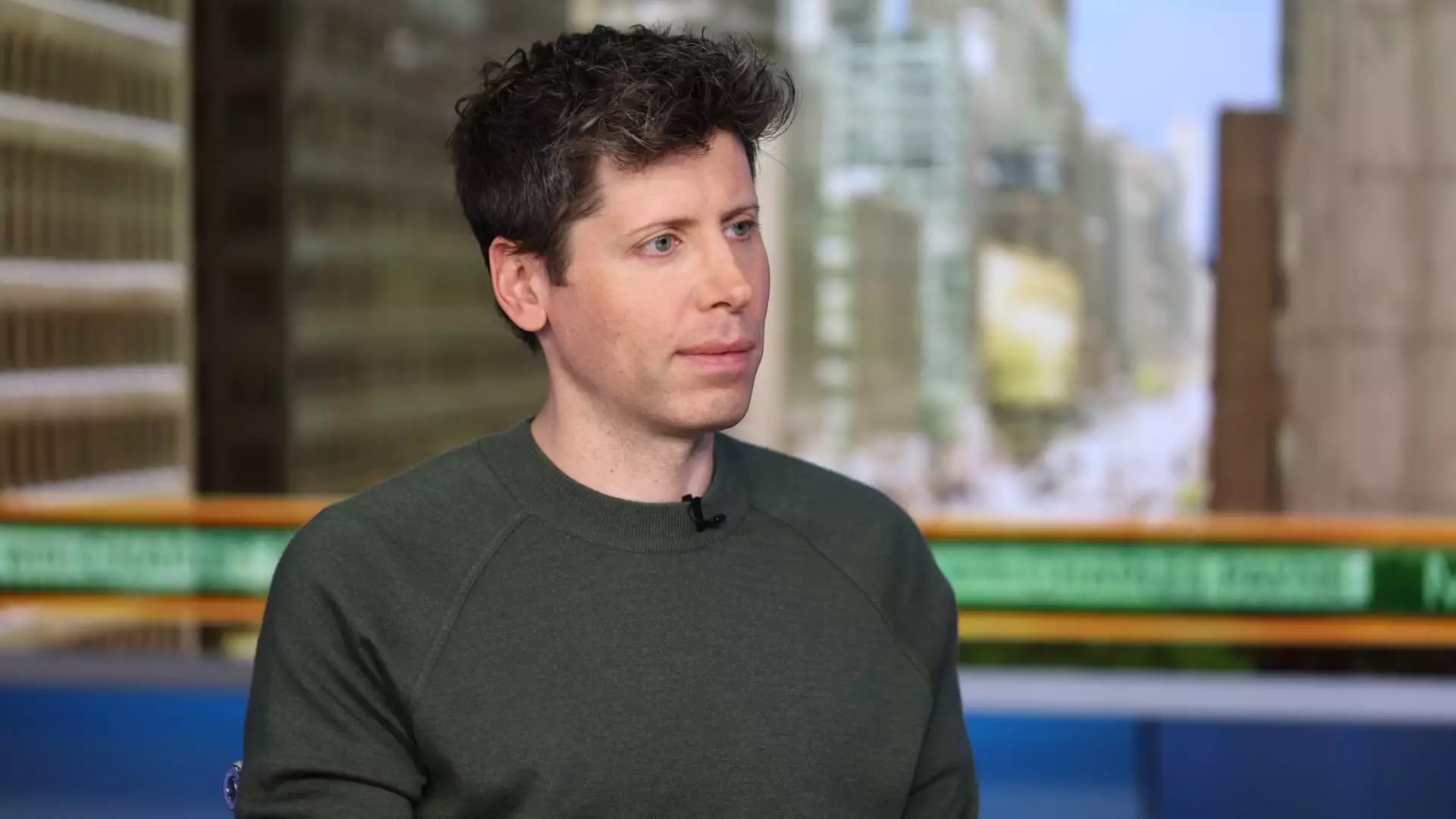In a startling turn of events, Ann Altman has taken the significant step of filing a lawsuit against her brother, Sam Altman, the CEO of OpenAI. This legal action was initiated on a Monday in a U.S. District Court located in the Eastern District of Missouri. The lawsuit outlines severe accusations of sexual abuse, allegedly perpetrated by Sam against Ann from 1997 to 2006 during their childhood. The timing of the suit raises eyebrows, especially considering it marks the first instance of Ann pursuing legal action against her brother, despite previously voicing similar grievances on social media platforms.
The nature and specifics of the allegations are profoundly troubling, detailing a pattern of abuse that purportedly commenced when Ann was only three years old, with Sam being twelve at the time. The claims assert that the abuse occurred frequently, describing events that took place “several times a week.” The descriptions of the actions, ranging from oral sex to penetration, paint a horrifying picture of what Ann asserts was a tragic part of her early life.
At the crux of this lawsuit lies not just the accusations but also the emotional consequences that Ann claims to have suffered as a result. The lawsuit articulates that the alleged abuse has led to “severe emotional distress, mental anguish, and depression,” outcomes that Ann anticipates will have ongoing effects throughout her life. Such declarations underscore the serious nature of the allegations, but the legal implications of these claims also demand close scrutiny.
Ann’s legal representation has been secured from Ryan Mahoney, an attorney whose firm operates out of Illinois with a focus on sexual assault and harassment cases. This choice indicates Ann’s intention to pursue not only vindication but also potential financial restitution, as the lawsuit seeks damages exceeding $75,000. The inclusion of a jury trial request suggests Ann’s confidence in her narrative and a desire for public validation of her experiences.
In stark contrast to Ann’s allegations, Sam Altman, alongside their family, has issued a strong denial through a joint statement on X (formerly Twitter). The family has labeled Ann’s claims as “deeply hurtful and entirely untrue,” reflecting a potent defensive strategy aimed at preserving their familial reputation amidst the turbulent storm of accusations. Their statement underlines their decision to previously avoid public discussion of the matter, indicating an attempt to maintain familial respect and privacy. However, the lawsuit necessitates a response, revealing the complexities of family loyalty and the repercussions of public legal disputes.
The family’s defense introduces a psychological dimension, suggesting that Ann has been facing “mental health challenges” and implying that these factors may influence her portrayal of past events. This narrative could serve as a strategic tactic in the legal battle, as mental health issues might be contended in court to question the credibility of Ann’s claims.
Sam Altman’s Corporate Spotlight
As the CEO of OpenAI, Sam Altman has risen to global prominence, particularly following the successful launch of the AI chatbot ChatGPT in November 2022. His leadership has propelled OpenAI to a staggering valuation of $157 billion, backed by significant investors including Microsoft, Nvidia, and SoftBank. However, the looming presence of this lawsuit presents a stark contrast to his professional accomplishments, positioning him in a highly public and contentious legal battle that could tarnish his reputation.
Adding another layer of complexity to the situation, Sam faces additional legal challenges, including a lawsuit from Elon Musk regarding OpenAI’s shift from a nonprofit model to a for-profit corporation. This legal scrutiny surrounding Sam reflects not only on his personal life but also on his professional endeavors, as the outcomes of these cases could impact the operations and public image of OpenAI.
The lawsuit filed by Ann Altman against her brother Sam Altman has unveiled a complex web of personal and public confrontations, potentially altering the landscape of both their lives. As the legal proceedings unfold, society watches closely, highlighting the significant implications such allegations carry within family structures and the broader implications in the realm of technology and corporate leadership. The intersection of private allegations and public figures exemplifies the volatility of reputation in today’s society, where personal narratives can rapidly turn into media spectacles. As this situation develops, its ramifications will undoubtedly echo within both the Altman family and the technology community at large.

